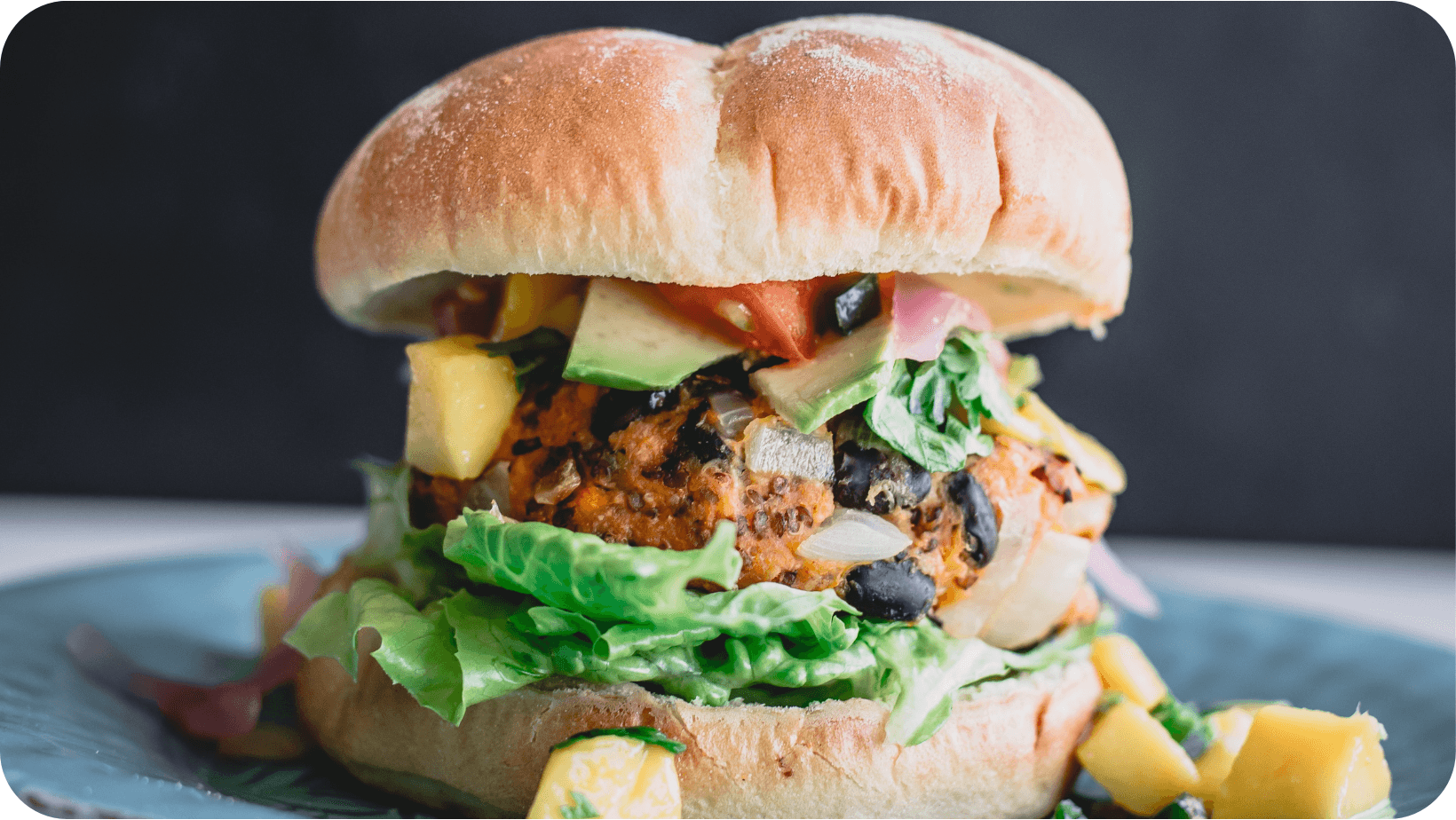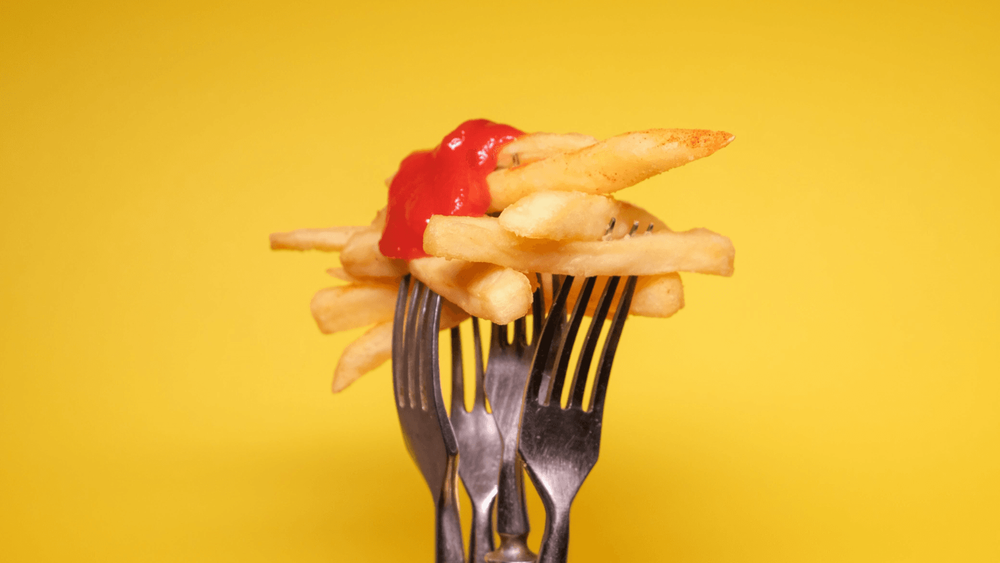Is it healthy if it says it’s healthy? Decoding ultra-processed foods
In the pursuit of convenience, ultra-processed foods have stealthily become a staple in our diets. These products, often high in calories and low in nutrients, are designed to be shelf-stable and hyper-palatable, making them an attractive option for busy lifestyles. However, their rise comes with significant health, societal, and environmental costs.
Understanding processed vs. ultra-processed
Most foods we consume are processed to some degree, such as canned, cooked, or frozen goods, and not all processed foods are unhealthy. Ultra-processed foods contain industrial formulations made from food substances or synthetic compounds, often devoid of whole-food ingredients.
The NOVA classification system sorts foods into four groups based on processing levels. Ultra-processed foods fall into group 4, characterised by extensive processing and minimal nutritional value. Common examples include sugary cereals, fast food, and packaged snacks, but some products marketed as healthy can be misleading.
An apple or carrot doesn’t need a label to tell you it’s healthy, but often, as consumers, we trust marketing that tells us a product is nutritious. However, it’s always worth checking the ingredients.
Associate Professor Gyorgy Scrinis of Food Politics and Policy at the University of Melbourne, Australia, points out, "If you see a very long ingredients list with lots of chemical-sounding names, that's probably a good indication it almost definitely is an ultra-processed food."
Examples of ingredients you may want to limit or avoid include hydrogenated or interesterified oils, hydrolysed proteins, maltodextrin, inverted sugar and high fructose corn syrup, additives such as dyes and other colours, colour stabilisers, flavours, flavour enhancers, non-sugar sweeteners, firming, bulking and anti-bulking, de-foaming, anti-caking and glazing agents, emulsifiers, sequestrants and humectants… the list goes on…
Veganism and ultra-processed foods
Processed vegan foods, such as plant-based burgers, tofu products, and non-dairy milk alternatives, have played a pivotal role in expanding vegan culinary options and making veganism more accessible to a broader audience; however, vegan growth has resulted in some companies capitalising on producing ultra-processed products. But are they all bad?
Although highly-processed vegan alternatives contain less saturated fat than animal-based products, they may contain more sugar, salt and other additives than whole foods.

LikeMeat/Unsplash
Health implications
The consumption of ultra-processed foods is linked to obesity, diabetes, heart disease, and cancer. These foods’ high-calorie content and lack of essential nutrients contribute to weight gain and metabolic issues. Added sugars, unhealthy fats, and artificial additives may lead to inflammation and insulin resistance.
Emerging research suggests ultra-processed foods can lead to cognitive decline, brain fog, anxiety and depression. Additionally, Harvard controlled trials found participants eating ultra-processed food ate more calories “compared with when they ate unprocessed foods, and they gained more weight on the ultra-processed diet”.
Societal impact
The prevalence of ultra-processed foods reflects deeper societal challenges. Studies show that low-income communities are disproportionately affected, as these foods are often marketed as convenient and affordable options.
Cultural erosion: The loss of culinary heritage
Ultra-processed foods contribute to socioeconomic disparities, and the immense push and reliance contribute to the erosion of cultural traditions. Traditional foodways, passed down through generations and deeply embedded in the cultural identity of communities worldwide, are often rich in whole, unprocessed foods that embody the culinary legacy of a people. The encroachment of ultra-processed foods into these communities disrupts these time-honoured traditions, leading to a loss of cultural diversity and a homogenisation of our food landscape.
Making healthier choices
It’s great there are more vegan choices; however, eating too many ultra-processed foods can harm our health, society, and planet. Here are some ways to make healthier choices:
• Cook more meals at home: This is the best way to control the ingredients in your food and avoid ultra-processed options.
• Read food labels carefully: Pay attention to the ingredients list and avoid foods that contain a lot of added sugars, unhealthy fats, and artificial additives.
• Choose whole, unprocessed foods: Whenever possible, choose whole, unprocessed foods over processed options. This includes fruits, vegetables, whole grains, nuts and seeds, and legumes.
• Limit your intake of sugary drinks: Sugary drinks are a significant source of added sugars in the diet. Replace them with water, unsweetened tea, or black coffee.
• Be mindful of marketing: Be aware of how ultra-processed foods are marketed to you and avoid being influenced by misleading claims or attractive packaging.

Dervyn Mackey/Unsplash
What if you are time-poor?
Most people lead busy lives; often, cooking is another chore we don’t have the time or energy for. There are many hacks to increase efficiency, like batch cooking - even easier is putting ingredients into a slow cooker and leaving it to cook while you attend to other things. But sometimes, even that is not convenient.
Luckily, companies are making healthy, convenient food, such as Planthood, which delivers quick and easy meal kits, or plant-based meals by Bol, to name a couple.
For more on thriving as a vegan, check out our essential nutrient guide, and what are the benefits of tofu?
